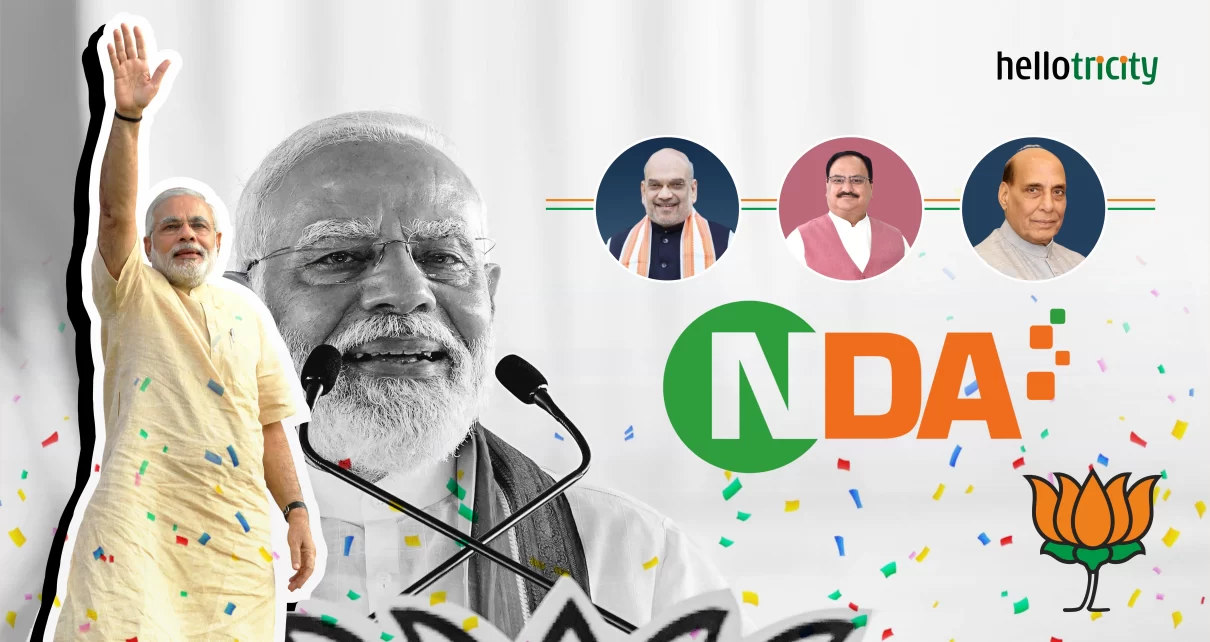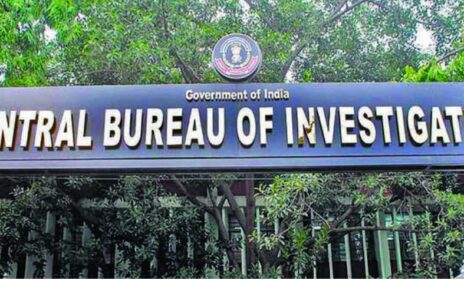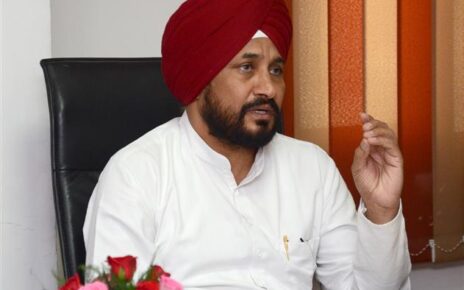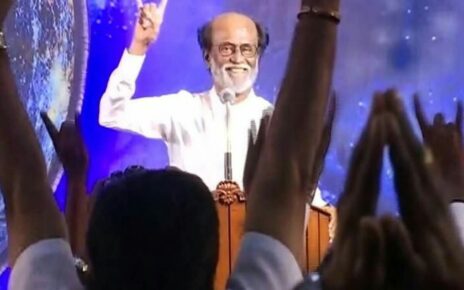According to the final tally released by the Election Commission early Wednesday morning, with 240 seats in the Lok Sabha, the Bharatiya Janata Party (BJP) has come out as the winner of a complex electoral battle. However, the percentage required for absolute majority that is 272 needed for the above majoritarian threshold was not reached during this election, therefore, making it inevitable that BJP would need to have support from National Democratic Alliance (NDA) partners to govern. Despite the shortfall, Prime Minister Narendra Modi described the outcome as an ‘unprecedented moment in the history of India’, emphasizing the continued trust of voters in the NDA for a third term successively.
The Congress had a remarkable resurgence after its serious losses in the elections of 2014 and 2019, thereby attaining 99 seats. This was close to a two-fold increase from its 2019 score of 52 seats, thereby indicating a significant resurgence in the party. Mallikarjun Kharge who is the Congress leader described this as being more of a moral triumph against the Prime Minister Modi signaling that the BJP campaign which was mostly hinged on him did not get an absolute majority.
The resurgence of the regional parties in key states is also noticed by the results of this election. The Samajwadi Party took 37 seats in Uttar Pradesh making it the largest party and the Congress party took only 6. A substantial drop was recorded when BJP which previously had an overwhelming majority won only 33 seats.
In Maharashtra the Congress secured 13 seats, Shiv Sena (Uddhav Balasaheb Thackeray) got 9 seats and the Nationalist Congress Party (NCP) chaired by Sharad Pawar took 8. The state alliance that was BJP led only got 17 seats. On the other hand, BJP almost won all seats in Odisha (20 out of 21) while in Andhra Pradesh they collected most of the votes together with their allies TDP and Janasena and got 21 out of twenty five seats.
The election, notable for its unexpected twists, defied several exit poll predictions. While many pollsters forecasted a sweeping majority for the NDA, the final results fell significantly short of these expectations. The NDA’s total of 293 seats, although sufficient for a majority, was well below the projections of over 350 seats.
Now that the election results have been announced, the formation of the next government has started. It is expected that the major NDA partners such as JD(U) led by Nitish Kumar, TDP led by Chandrababu Naidu and Shiv Sena led by Eknath Shinde will be critical players in this new administration. Talks are expected to be held on those very important positions with rumors rife that finance and internal security ministries are most sought after. The Union Cabinet is intended to meet for proposing the dissolution of the 17th Lok Sabha, thereby setting the scene for a new government takeover. The political scene is now stable and as usual, we are looking forward to see the strategic actions that would define the next government’s term.




